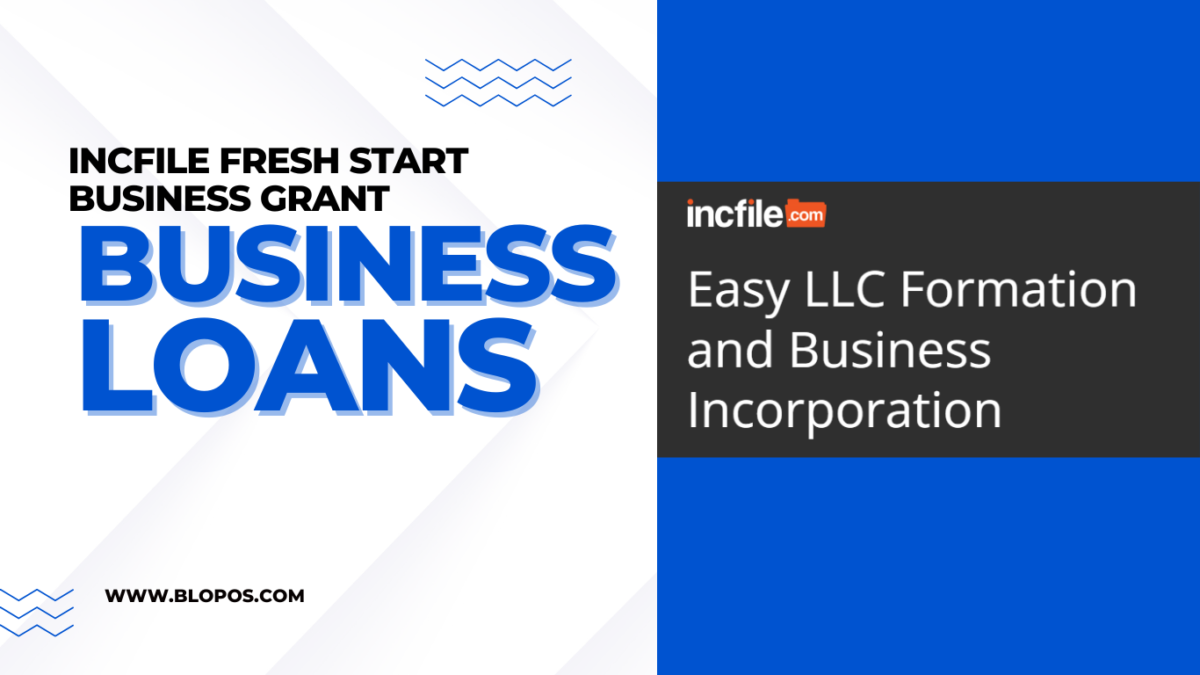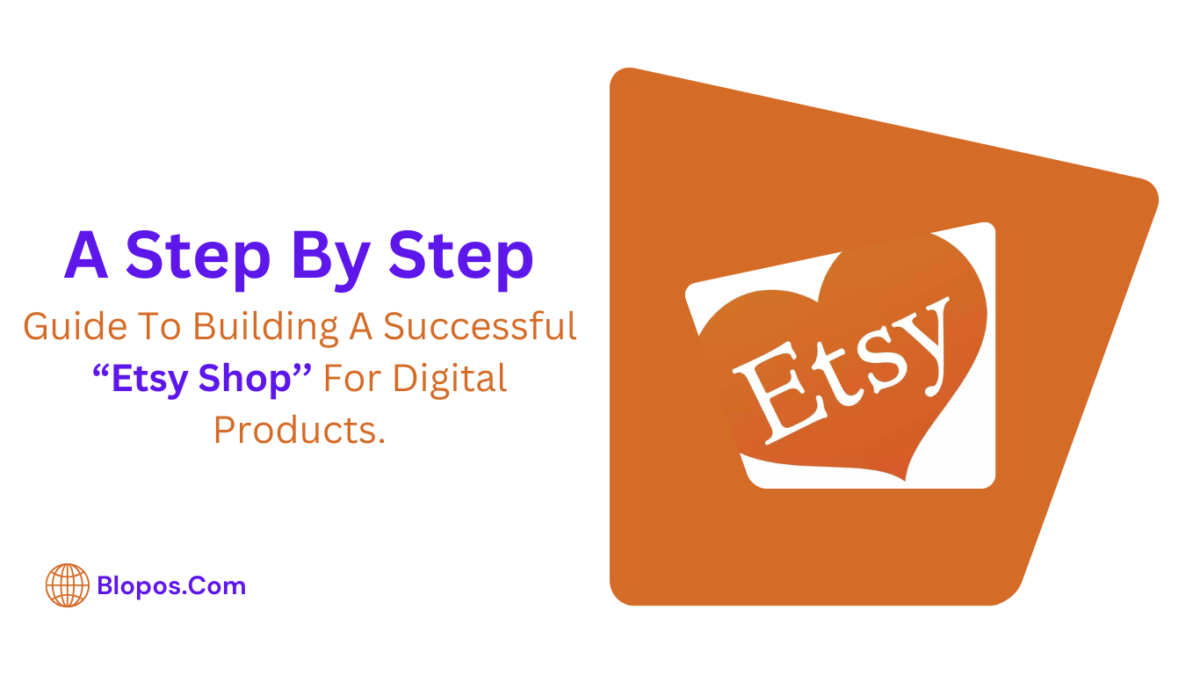How to Validate Your Business Ideas for Guaranteed Success in Entrepreneurship: Starting a business or diving into entrepreneurship is an exciting journey, but it can also be fraught with risks. One key step to minimizing these risks and increasing your chances of success is validating your business ideas before fully committing resources. Validation ensures that your idea has a market, meets a need, and can be profitable. This article will walk you through the essential steps to validate your business ideas, helping you turn concepts into successful ventures.
Table of Contents
ToggleHow to Validate Your Business Ideas for Guaranteed Success in Entrepreneurship
Understanding the Importance of Idea Validation
Before we dive into the strategies for validating your business idea, it’s essential to understand why this process is crucial. Validation helps you:
Reduce Risk: You can avoid costly mistakes by testing your idea before investing significant time and money.
Understanding your Market allows you to identify your target audience, understand their needs, and tailor your product or service accordingly.
Gain Investor Confidence: A validated idea is more likely to attract investors, as it shows that you have a viable business proposition.
Save Time and Resources: It helps you avoid pursuing unprofitable ideas and instead focus on those with the highest potential for success.
Conducting Market Research
The first step in validating your business idea is to conduct thorough market research. This involves understanding the current market landscape, identifying your target audience, and analyzing your competition.
Identify Your Target Audience: Who are your potential customers? What are their demographics, interests, and pain points? Understanding your audience is crucial to developing a product or service that meets their needs.
Analyze the Competition: Who are your competitors? What are they offering, and how can you differentiate your product or service? Competitor analysis helps you identify gaps in the Market that your business can fill.
Evaluate Market Demand: Is there a demand for your product or service? Look for trends, search for relevant keywords, and check industry reports to gauge market interest.
Creating a Minimum Viable Product (MVP)
Once you clearly understand your Market, the next step is to develop a Minimum Viable Product (MVP). An MVP is a simplified version of your product or service that allows you to test your idea with real customers.
Focus on Core Features: Your MVP should include only the essential features needed to solve your target audience’s problem. This allows you to test the viability of your idea without overcommitting resources.
Gather Feedback: Launch your MVP to a small group of users and gather their feedback. What do they like? What can be improved? Use this feedback to refine your product.
Iterate and Improve: Based on the feedback you receive, make necessary adjustments to your product. This iterative process helps you develop a product that truly meets your customers’ needs.
Testing Your Idea with a Pilot Program
A pilot program is another effective way to validate your business idea. It involves offering your product or service to a limited audience to test its feasibility on a smaller scale.
Choose a Small Audience: Select a group of early adopters who will likely benefit from your product or service. This group can provide valuable insights and help you identify any potential issues.
Measure Success: Define key performance indicators (KPIs) to measure the success of your pilot program. These could include customer satisfaction, retention rates, and revenue generated.
Adjust Based on Results: Use the data from your pilot program to make any necessary adjustments before launching your product or service on a larger scale.
Seeking Feedback from Mentors and Advisors
Mentors and advisors can provide valuable insights and help you identify potential pitfalls in your business idea. Their experience and expertise can guide you in refining your concept and developing a solid business strategy.
Seek Diverse Perspectives: Reach out to mentors and advisors with different backgrounds and expertise. Their diverse perspectives can help you identify blind spots and refine your idea.
Consider Their Feedback: Be open to constructive criticism and use it to improve your business idea. Remember, the goal is to develop a product or service that resonates with your target audience and meets market demand.
Build a Support Network: Surround yourself with a supportive network of mentors, advisors, and peers who can guide you as you develop and launch your business.
Utilizing Online Tools and Resources
Numerous online tools and resources are available to help you validate your business idea. These tools can provide valuable data and insights, helping you make informed decisions.
Surveys and Polls: Use online survey tools like SurveyMonkey or Google Forms to gather feedback from potential customers. Ask questions about their needs, preferences, and willingness to pay for your product or service.
Crowdfunding Platforms: Platforms like Kickstarter and Indiegogo allow you to test market interest by offering your product or service to a broad audience. Successful crowdfunding campaigns can validate your idea and provide the initial capital needed to launch your business.
Social Media: Use social media platforms to gauge interest in your idea. Create a landing page or social media campaign to measure engagement and collect email addresses from interested customers.
Assessing Financial Viability
Assessing your business’s financial viability—evaluating your business’s potential revenue, costs, and profitability—is essential before fully committing to your business idea.
Estimate Costs: Identify the costs of developing, launching, and operating your business. This includes production costs, marketing expenses, and overheads.
Project Revenue: Estimate the potential revenue your business can generate. Consider factors like pricing, sales volume, and market size.
Evaluate Profitability: Compare your projected revenue with your estimated costs to determine your business’s profitability. If the numbers don’t add up, it may be worth revisiting your idea or exploring ways to reduce costs.
Pivoting or Persevering
Validation is an ongoing process; sometimes, the results may indicate that your initial idea needs to be reworked or wholly abandoned. However, this doesn’t mean failure—it’s a critical part of entrepreneurship.
Know When to Pivot: If your idea isn’t gaining traction or financially viable, it may be time to pivot. This could involve changing your target market, altering your product, or even pursuing a different idea altogether.
Persevere with Improvements: If your idea shows promise but needs refinement, persevere with the necessary adjustments. Continue gathering feedback, iterating on your product, and refining your business strategy.
Finalizing Your Business Plan
Once you’ve validated your idea and made any necessary adjustments, it’s time to finalize your business plan. A solid business plan outlines your business goals, strategies, and financial projections, serving as a roadmap for your entrepreneurial journey.
Outline Your Strategy: Define your business model, marketing strategy, and sales plan. This includes identifying your value proposition, target market, and critical revenue streams.
Set Financial Goals: Establish clear financial goals, including revenue targets, profit margins, and funding requirements. These goals will guide your business decisions and help you stay on track.
Prepare for Launch: With your business plan, you’re ready to launch your business. Continue monitoring your progress, gathering feedback, and making adjustments to ensure long-term success.
Conclusion
Validating your business ideas is a critical step in ensuring success in entrepreneurship. By conducting thorough market research, developing an MVP, testing your idea, seeking feedback, and assessing financial viability, you can minimize risks and increase your chances of success. Remember, validation is an ongoing process that requires flexibility, perseverance, and a willingness to adapt. With the right approach, you can turn your business ideas into successful ventures and achieve your entrepreneurial goal. How to Validate Your Business Ideas for Guaranteed Success in Entrepreneurship.



